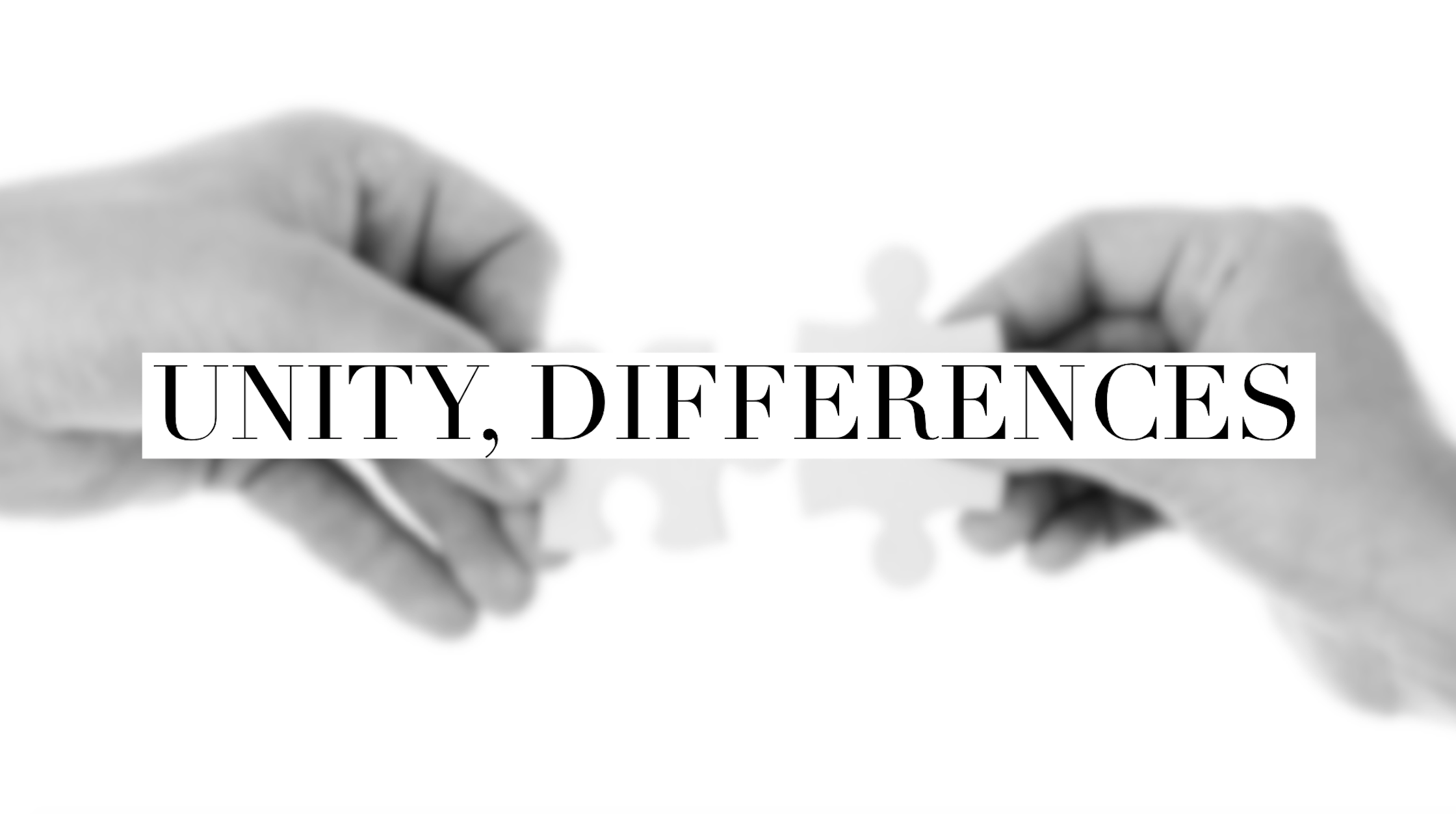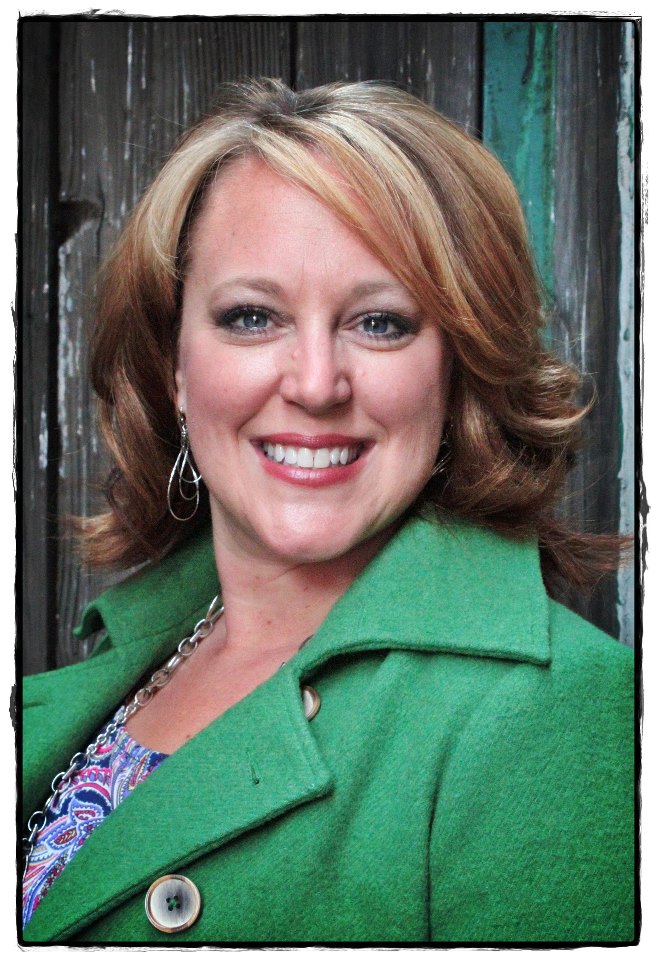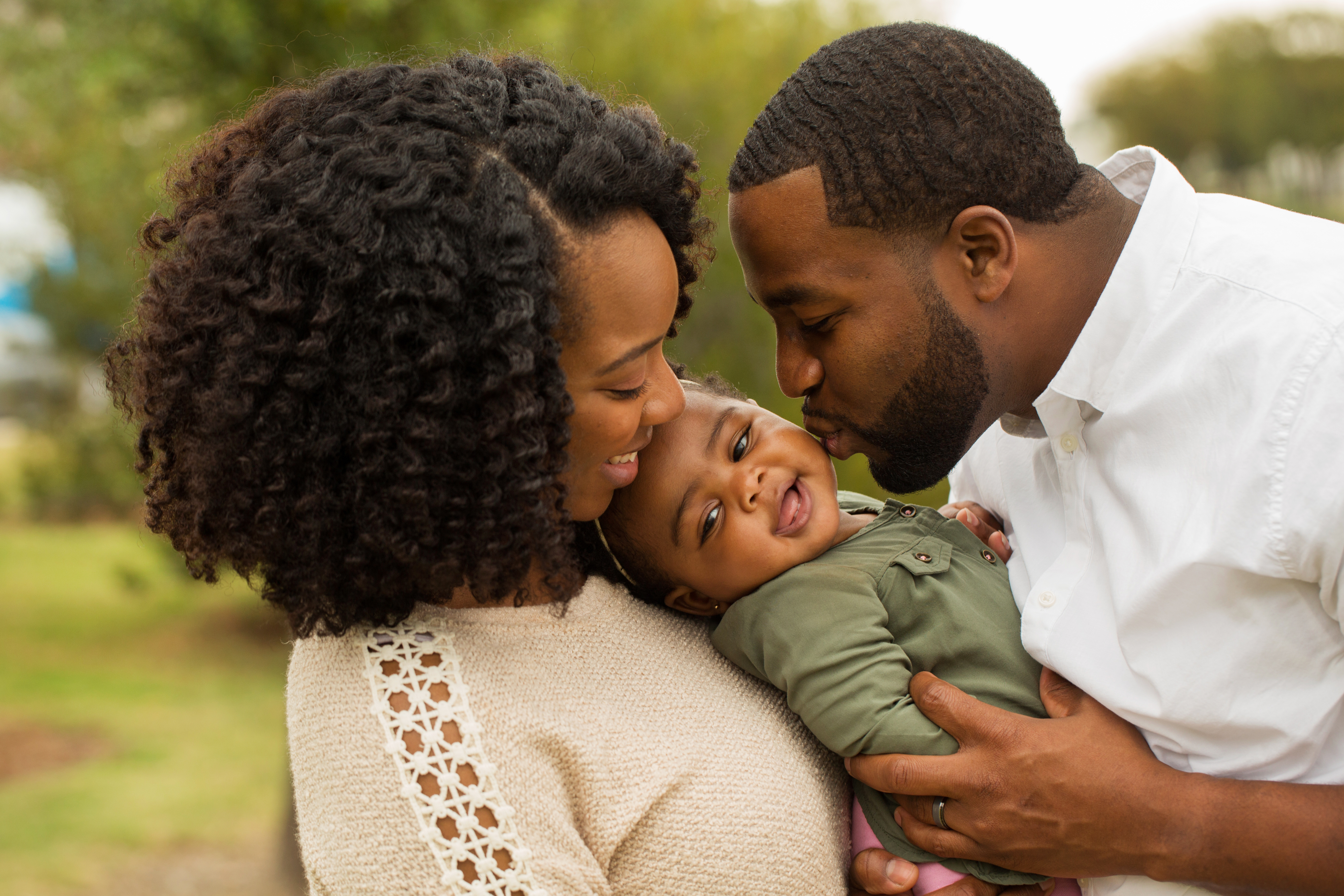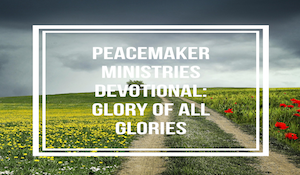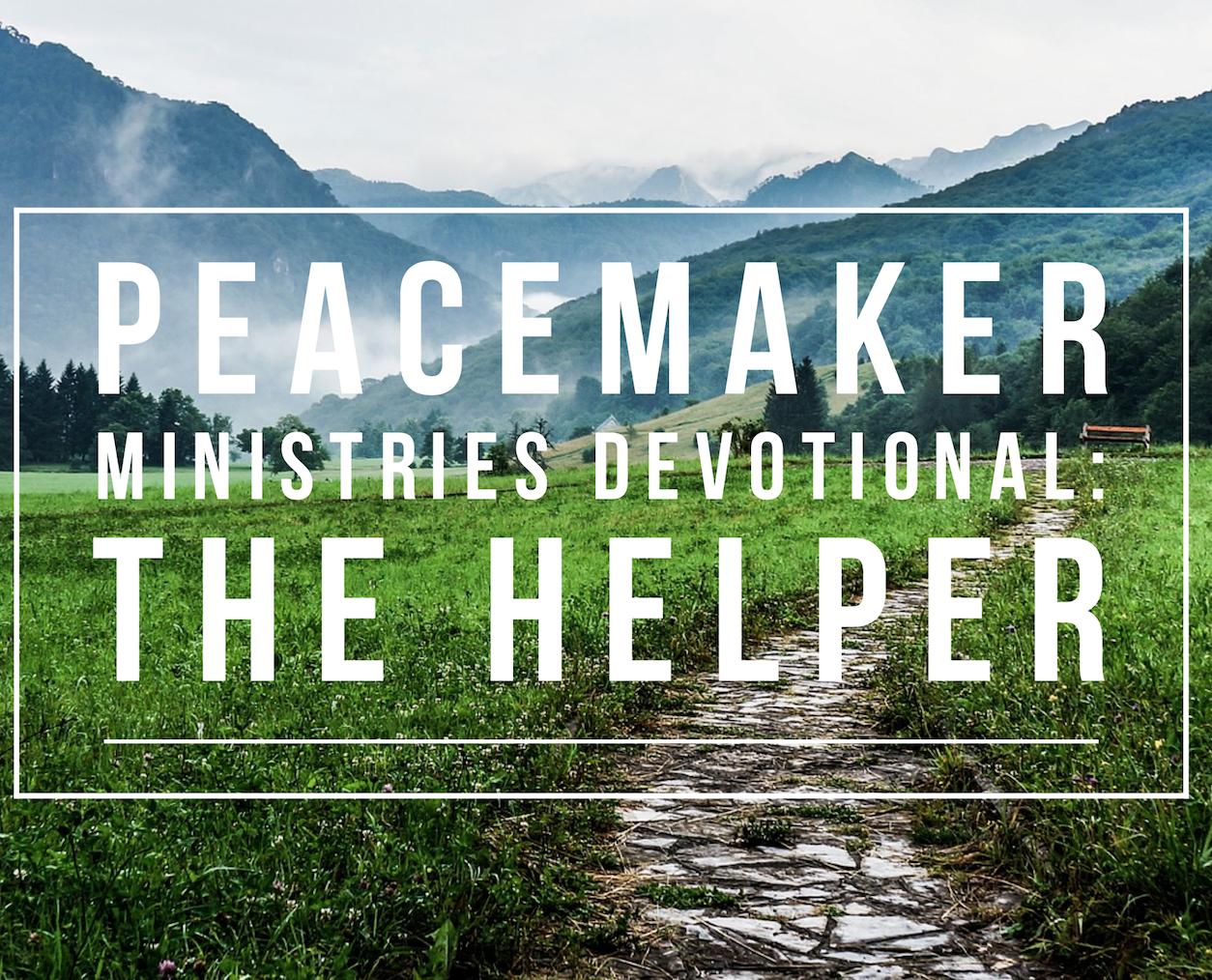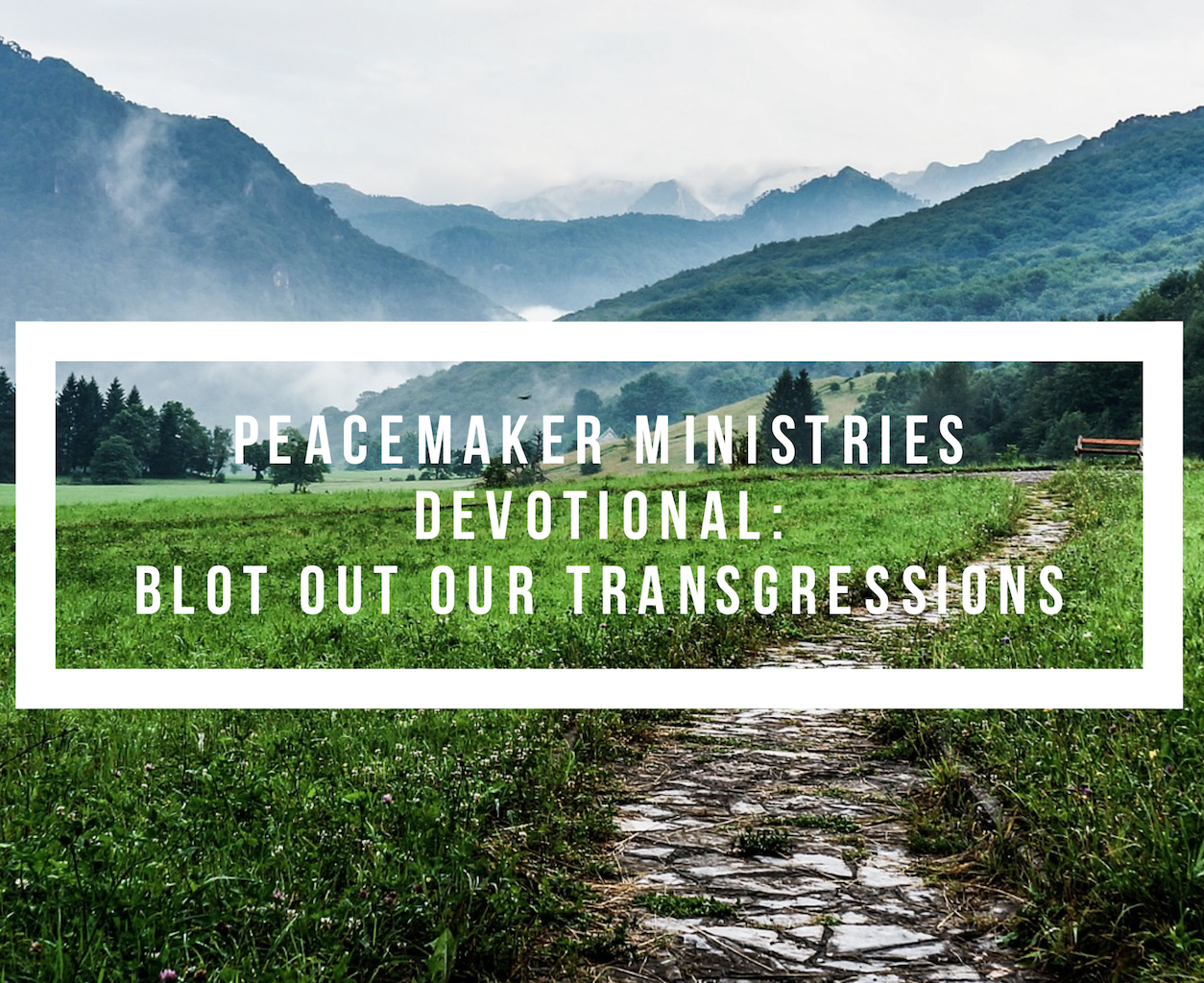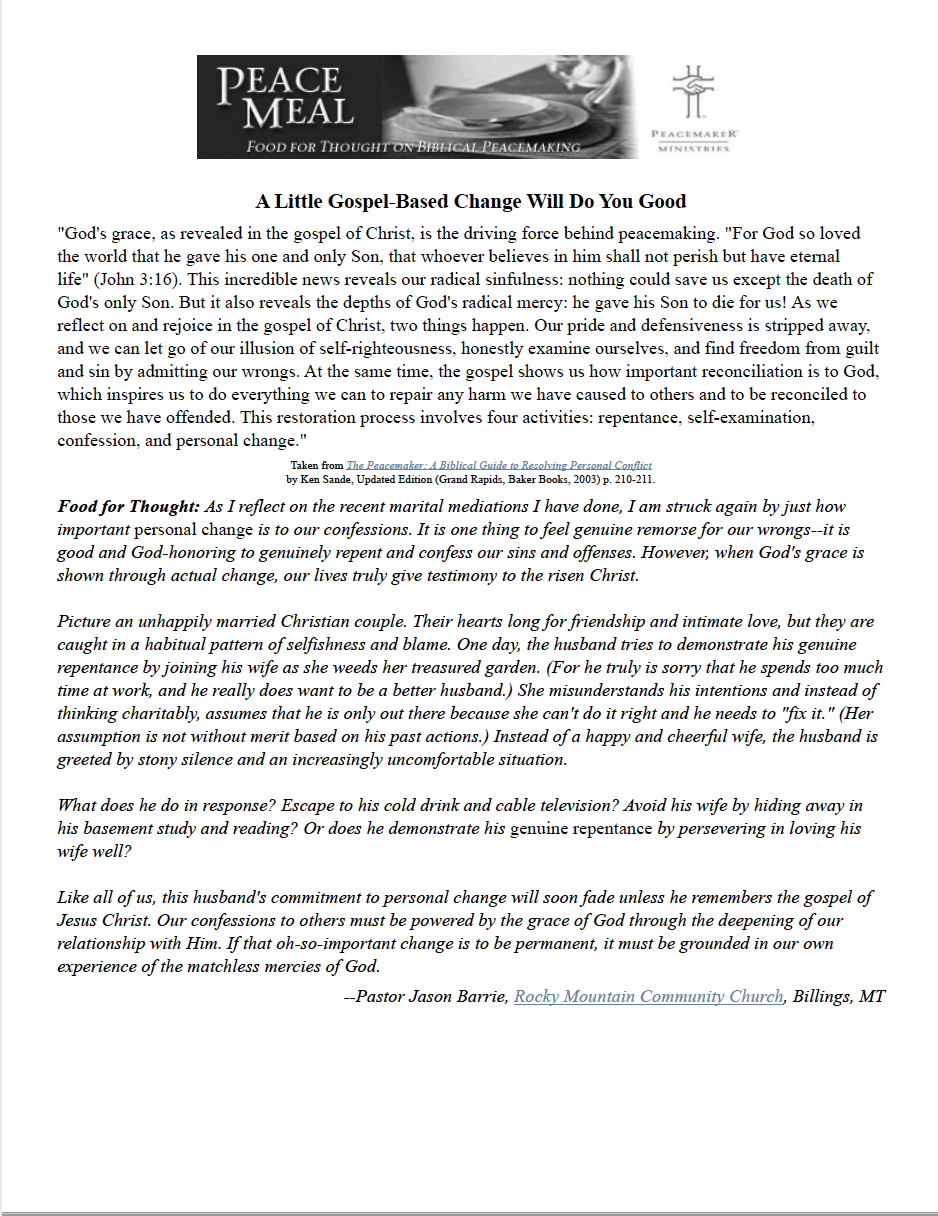“Now, this is the goal: to live in harmony with one another and demonstrate affectionate love, sympathy and kindness toward other believers. Let humility describe who you are as you dearly love one another.” (1 Peter 3:8, The Passion Translation)
The current political climate is affecting our social circles and our dialogue, both in the church and out. As God’s children, how are we to approach the subject of unity, despite our differences?
1 Peter 3:8 reminds us that as God’s children, we do have a goal: to live in harmony, to walk in love and understanding, while showing kindness. In doing this, we are ultimately walking humbly in our churches, workplaces and neighborhoods. This behavior is who we are. Peter is essentially teaching us that our behavior reveals our inner identity. When we believe in our hearts and confess with our mouths that Jesus is Lord, we are made new. The process then becomes breaking off old habits.
What if our genuine humility revealed a level of love that actually drew others into deeper conversation? What if our decision to unite, walk humbly, and love mercy became the lighthouse beacon directing others to safety? What if we actually created safe places for people to explore truth, ask questions and encounter love?
My challenge for the body of Christ is to consider the beautiful ramifications of unity despite our differences. In John 17, Jesus prayed for this very thing, that we would be united with each other in an intimate way as He is with the Father. I would like to suggest that his love for us gives us the power to live in unity. When we embrace this radical strategy, we will discover that the kingdom of heaven has encountered the earth.
Our differences actually afford us the privilege of seeing various aspects of God’s creativity and character on display. Our unity gives the world a visual display of God’s love.
In the midst of chaos, this is how we dine with the King and confound the wisdom of man.


